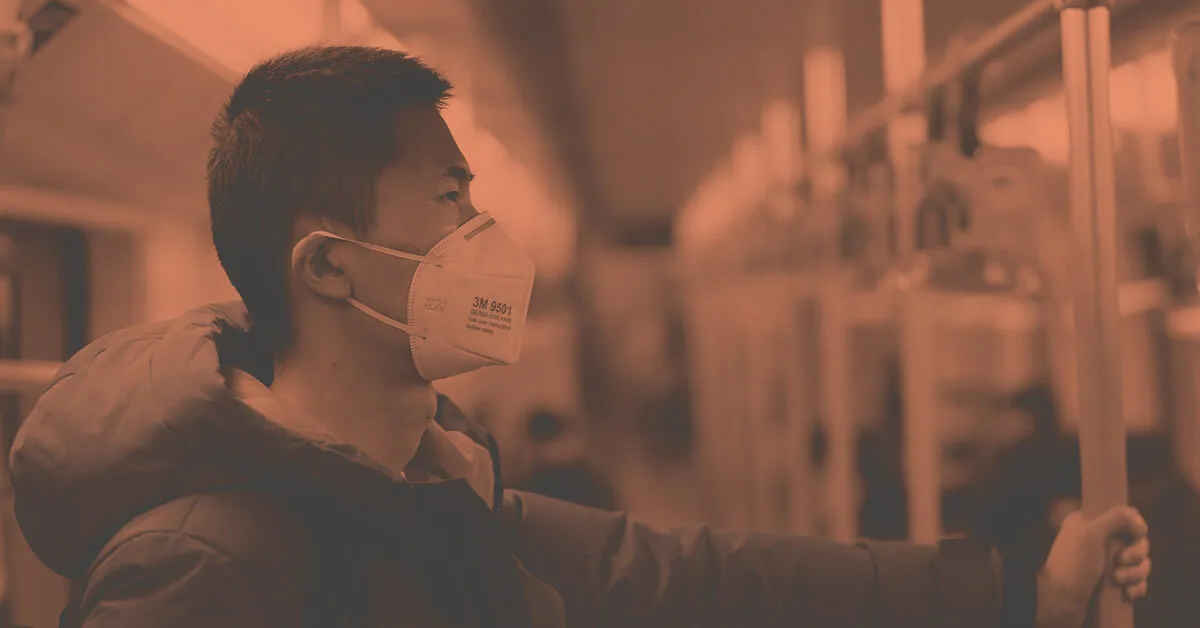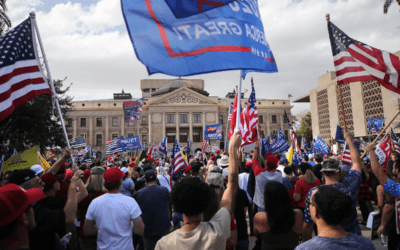
The coronavirus outbreak has led to a stream of xenophobic, anti-Chinese sentiment around the world, including a hate crime in New York City.
As of Thursday, health officials have confirmed 12 cases of coronavirus in the United States, including one now in Wisconsin. Not one American has died from the virus, yet accounts of anti-Asian bias have surfaced in places all over the country.
A New York woman who appeared to be Chinese, for example, was wearing a mask in public and was assaulted by an unidentified man.
The attack was captured on video, which shows the assailant punching and kicking the woman, and prompted the New York City Police Department’s hate crimes unit to call on the victim to come forward.
“The NYPD and the Hate Crimes Task Force encourage the victim to report this incident to the police for a full investigation,” the task force said in its retweet of a post with the video.
A spokesman for the NYPD told NBC News on Wednesday that it wasn’t clear when or where the attack took place, but Marian Guerra, deputy chief of staff for City Councilwoman Margaret Chin, whose district includes the Chinatown neighborhood, told NBC that she believes it occurred at the Grand Street station in Chinatown.
There has yet to be a single confirmed case of coronavirus in New York City.
Health officials in Ohio have also found no reported cases of coronavirus in the state; however, Cleveland-based Asian Services in Action Inc. (ASIA) released a statement this week urging “people not to let unfounded fears [regarding coronavirus] fan flames of bias against anyone of Asian descent.” ASIA CEO Elaine Tso told Cleveland.com: “We have heard about reduced patronage of Chinese owned/operated businesses in the period surrounding the news about the coronavirus.”
Xenophobic, anti-Chinese sentiment has been particularly rampant on college campuses.
“I don’t know if it’s just people looking at me coughing or because I’m an Asian person coughing, they think I might have the coronavirus,” Rosen Huynh, a 22-year-old student told the Los Angeles Times. “I feel like every time I cough, people are going to be uncomfortable with that. I shouldn’t have to feel that way.”
Another woman of Korean descent who lives outside of Atlanta told COURIER: “I made the mistake of letting one cough out at the grocery store,” the mom of two said. “People were real quick to scatter.”
This anti-Asian sentiment isn’t specific to the U.S.; it’s occurring all around the world, from school playgrounds in Canada to music conservatories in Italy to businesses in Japan.
It’s also proliferating on social media.
“I’d like to remind the Chinese, eating rats, bats, and anything else that moves, results in disease,” wrote one Twitter user.
UC Berkeley’s health services center also came under fire after it listed xenophobia toward Asian people as a “normal reaction” to coronavirus.
Amid a torrent of criticism, the school deleted the post and apologized.
“We apologize for our recent post on managing anxiety around Coronavirus. We regret any misunderstanding it may have caused and have updated the language in our materials,” the center said.
The World Health Organization (WHO), the U.S. Centers for Disease Control and Prevention (CDC) and other agencies have urged people not to resort to racism or xenophobia during the coronavirus outbreak.
The outbreak-related surge of racist and xenophobic tropes depicting against those from other ethnic backgrounds as unclean or dangerous isn’t new; racism exploded during the 2003 SARS outbreak, the 2009 swine flu epidemic, and the 2014 Ebola panic.
“People with a different national, ethnic or religious background have historically been accused of spreading germs regardless of what the science may say,” Monica Schoch-Spana, a medical anthropologist and a senior scholar at the Johns Hopkins Center for Health Security, told Time.
Erika Lee, professor of history and Asian American studies at the University of Minnesota, said that Chinese people are particularly vulnerable to this sort of discrimination.
There is this idea “that is very, very old indeed — that Chinese people as a race, no matter where they are, are disease carriers,” Lee told the LA Times.
That notion has made a resurgence during the coronavirus outbreak—an outbreak to which there’s no end in sight. Health officials say the virus has sickened more than 28,000 people and claimed 563 lives in mainland China. There have also been 225 confirmed cases outside the Chinese mainland, with two additional deaths occurring in Hong Kong and the Philippines.

He said what? 10 things to know about RFK Jr.
The Kennedy family has long been considered “Democratic royalty.” But Robert F. Kennedy, Jr.—son of Robert F. Kennedy, who was assassinated while...

Here’s everything you need to know about this month’s Mercury retrograde
Does everything in your life feel a little more chaotic than usual? Or do you feel like misunderstandings are cropping up more frequently than they...

Arizona expects to be back at the center of election attacks. Its officials are going on offense
Republican Richer and Democrat Fontes are taking more aggressive steps than ever to rebuild trust with voters, knock down disinformation, and...

George Santos’ former treasurer running attack ads in Arizona with Dem-sounding PAC name
An unregistered, Republican-run political action committee from Texas with a deceptively Democratic name and ties to disgraced US Rep. George Santos...




